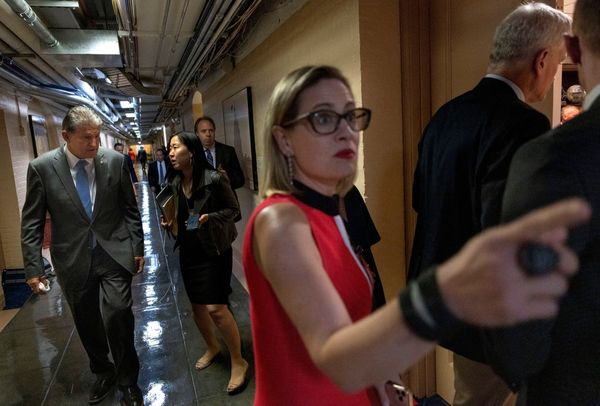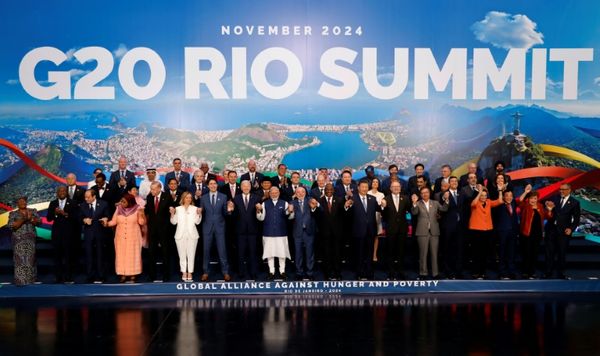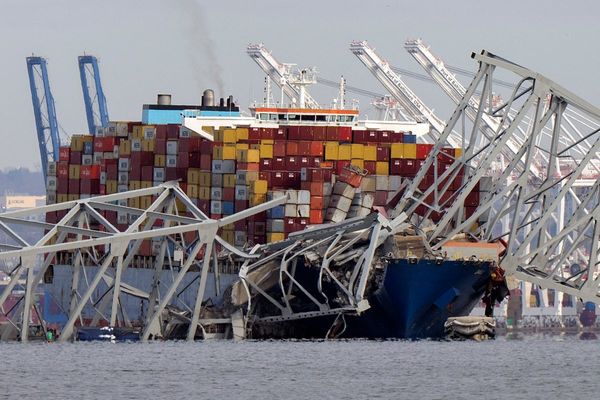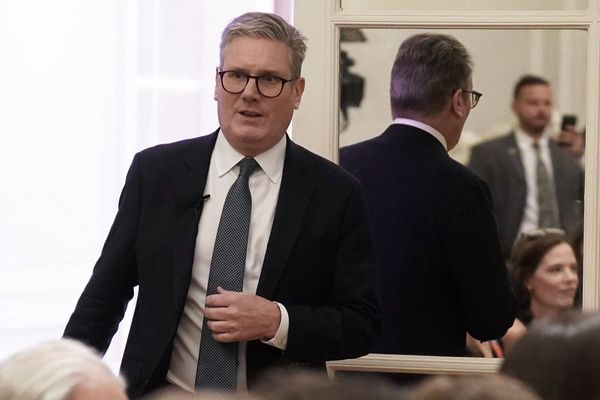Once as ubiquitous a find as any, single-use plastic (SUP) is now being cracked down upon, under the nationwide ban on items such as plastic sticks on balloons, cutlery, straws, wrapping film on sweet boxes, invitation cards etc. from July 1.
The move is bound to impact eateries too, many of which still rely on plastic bowls, cutlery or straws.
Jagdish B., manager at the Millers Road branch of Kanti Sweets, says he has been receiving communication from the higher management for the past month about alternative packaging that will be incorporated soon. Since plastic films on sweet boxes is banned too, the store will soon shift to cardboard boxes or painted boxes sans any film.
“We have already started using paper bags to pack namkeen takeaways and within a week, we will use up our existing stock of plastic containers and move to boxes that are 100 microns in thickness,” he says.
At Farmlore, a farm-to-plate fine dining experience in Sathnur village, the team relies on areca leaf containers. Now, with news of the ban, the kitchen staff is getting creative with spreading the message.
Conceptualised post the ban, their new dishes are a metaphor for how humans corrupt the ocean with plastic and oil. On the plate is a Kochi snapper fish, and splatters featuring coconut, spirulina blue algae (to resemble the ocean), and a charcoal oil slick. Resting atop the fish is edible plastic.
Another dish, served at the end encases mouth freshener within a thin pouch that looks eerily similar to plastic, but is actually made from potato starch. “It’s an homage to kindle the thought that plastic can exist long after we leave the world and are a hazard to our environment,” says chef Johnson Ebenezer, who co-founded Farmlore with Kaushik Raju.
The team is going a step further to change their cooking techniques too. Sous vide is a popular technique where food, say meat, is placed in a vacuum sealed plastic pouch and slow-cooked for a long time in a water bath.
“We’ve been trying to seal the meat in a tightly-wrapped banana leaf instead and it works just as well. It may not be an easy fight, but with some effort and innovation, we can try to reduce our reliance on plastic,” said Mr. Ebenezer.
Chef Nayantara Menon Bagla too has started convincing her vendors to do away with plastic for the key ingredients. “For vegetables, I am asking my vendor to supply the ware in crates or cloth bags and for bread, talks are on to see if we can switch to air-tight boxes with beeswax paper to segregate the loaves,” says the partner at The Circus Canteen at BLR Creative Circus.
Ashish D’Abreo of Maverick & Farmer is hoping to bring about a change on the consumer side too. The Halasuru-based coffee shop recently hosted a workshop with Bare Necessities, where participants were educated about being more conscious coffee consumers, including carrying personal reusable cups to cafes.
Currently, the outlet receives 40-60 daily orders for takeaway or delivery, which means the coffee is served in paper cups with a thin plastic lining. Not ideal, agrees Mr. D’Abreo.
“Coffee chaff, a byproduct of the roasting process, is collected and sent to make reusable cups,” he says. These cups were introduced two months ago. “Our customers can avail this for a one-time cost of ₹160 and get a ₹10 discount on their coffee when they bring it in,” he said.
Aditi Dugar, Chief Advisor, Retail & Lifestyle, at ARAKU Coffee, credits the pandemic for bringing about a shift in collective consciousness. “Now more than ever, people are acutely aware of the products they consume,” she said.
The Indiranagar-based coffee shop doesn’t foresee an impact to day-to-day functioning with the ban, given that they don’t use SUP in their kitchen or delivery operations.
While Ms. Dugar calls the ban a step in the right direction, she is also cognisant of the fact that this move could hurt small business owners like hawkers and vendors since moving away from plastic is an expensive proposition.
“Subsidies on eco-friendly alternatives could have helped small-business owners to take appropriate measures to brace for impact,” she says.
The higher costs is a point of concern for restaurants too. Cloud Kitchen and restaurant Chowman currently uses plastic containers over 100 microns, but planning for better alternatives is on the cards.
This, however, would mean that packaging expenses will double. Though welcoming of the ban, Debaditya Chaudhury, founder and managing director of Chowman, also says, “I hope the difference in pricing between SUP and the alternative is brought down to aid quicker adoption.”







